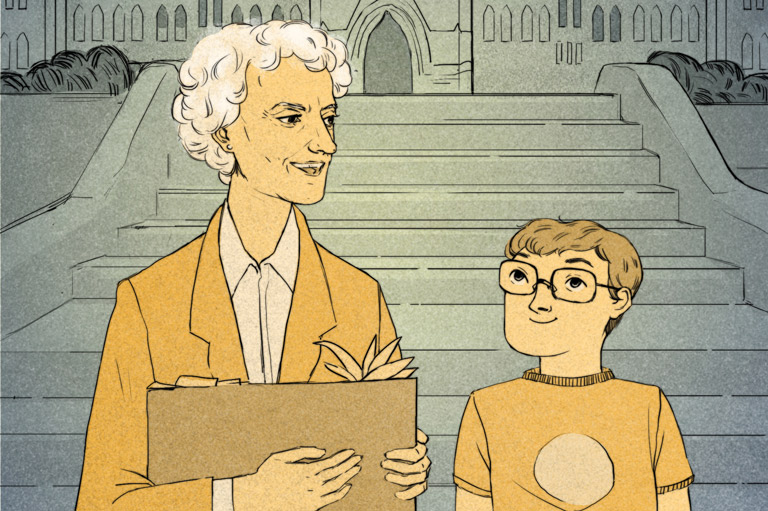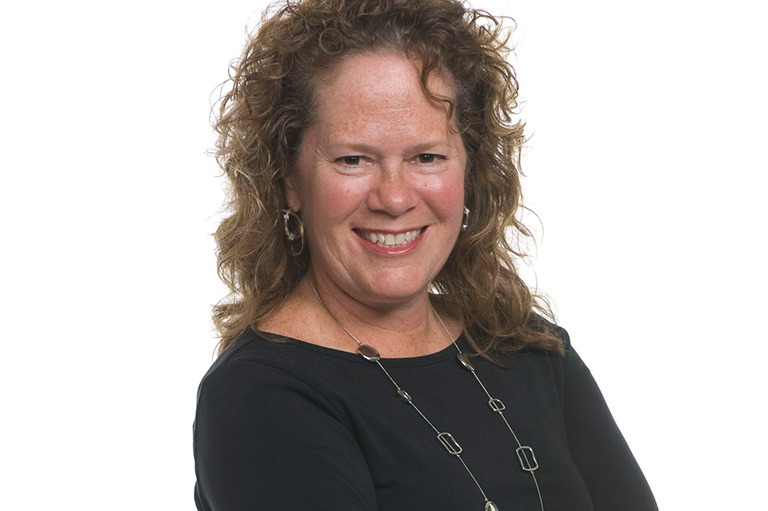Élise L'Heureux Livernois
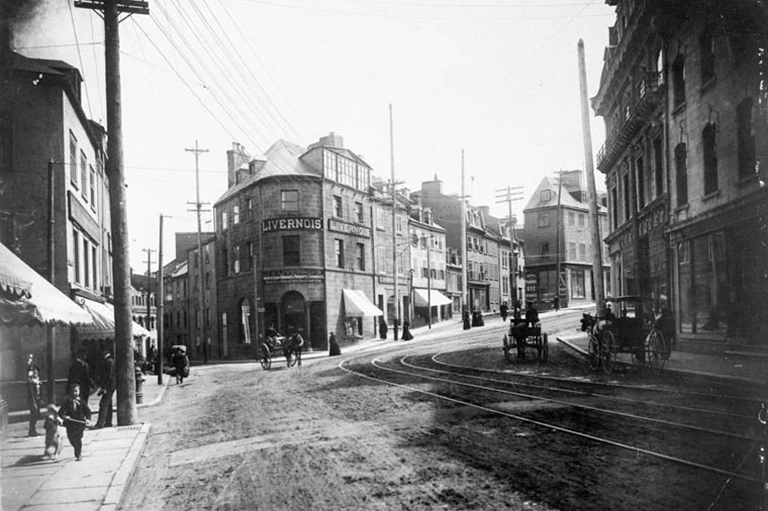
A working photographer and mother of six, Élise L’Heureux Livernois managed the family photography business for twenty years, eight of them as a sole proprietor. Together with her husband, Jules-Isaïe Benoît dit Livernois, she founded a photographic dynasty that lasted more than a century, creating an unsurpassed visual record of Quebec life.
The marriage between Élise L’Hérault dit L’Heureux and Jules-Isaïe Benoît dit Livernois seems to have gotten off to a rocky financial start. Prior to marrying Élise, and early in the marriage, Jules-Isaïe tried various business ventures — a general store, a laundry, a book and stationery store, and a rubber stamp franchise. Hoping to pay off debtors, he headed to California in October 1853, dreaming of gold rush success. While he was away, Élise gave birth to their third child and moved back to her father’s home at 31 1/2 rue des Fossés in Quebec City.
With 7 uniquely curated newsletters to choose from, we have something for everyone.
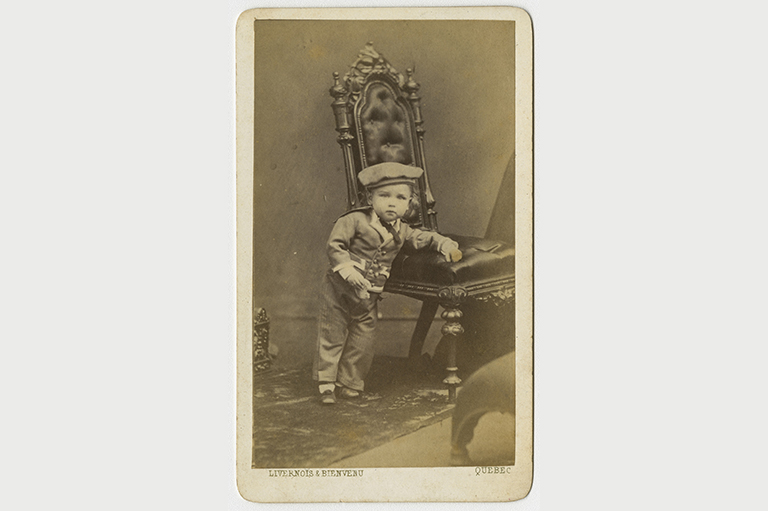
When Jules-Isaïe returned, he was ill and deeper in debt. Nevertheless, within a few months, the couple opened a Daguerrean studio in the L’Heureux family home. Working as a professional photographer while raising four children, Élise advertised her photographic and daguerreotype rooms in the 1857–58 edition of McLaughlin’s Quebec Directory, noting: “Madame L. particularly invites families to visit her establishment in light of the great facility she has in taking children of all ages.”
It is generally impossible to distinguish which photos were taken by Élise and which were taken by Jules-Isaïe during this period, since the Livernois studio name — not the name of the individual photographer — was imprinted on the mount of each photograph, However, it is known that Élise had a reputation for her Daguerrean portraits of children.
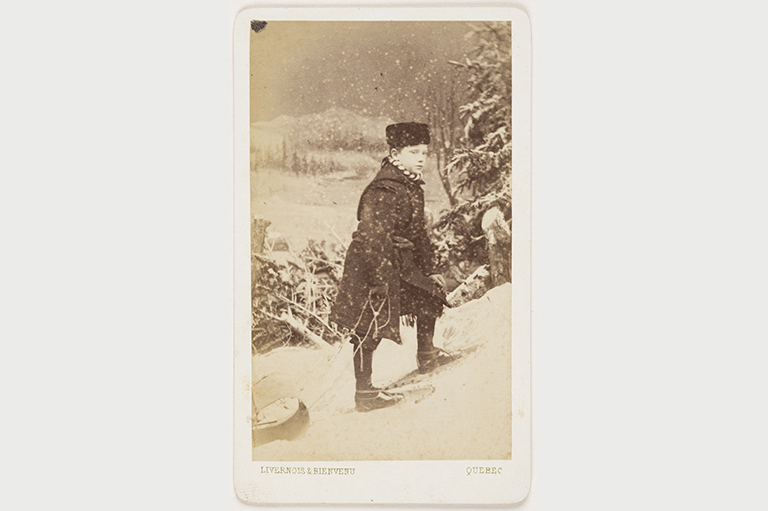
When Jules-Isaïe died in 1865, the couple was operating two Quebec City locations, one in Lower Town and the other in Upper Town. Five days later, Élise advertised in Le Journal de Quebec that she would continue the Upper Town studio and reassured customers that they would “receive the most attentive service possible.”
In May 1866, Élise entered into a business arrangement with a photographer and former employee named Louis Bienvenu, who was courting her sixteen-year-old daughter, Julie. From 1866 to 1873, Élise retained ownership of the company and signed all legal papers relating to the business, while all of the studio’s photographs were credited to “Livernois & Bienvenu.” In October 1866, her studio documented the aftermath of a fire that devastated the St. Roch district of Quebec’s Lower Town. This defied the popular wisdom that outdoor photography was not a suitable pursuit for women, since they were presumed to be too delicate to carry the heavy camera equipment.
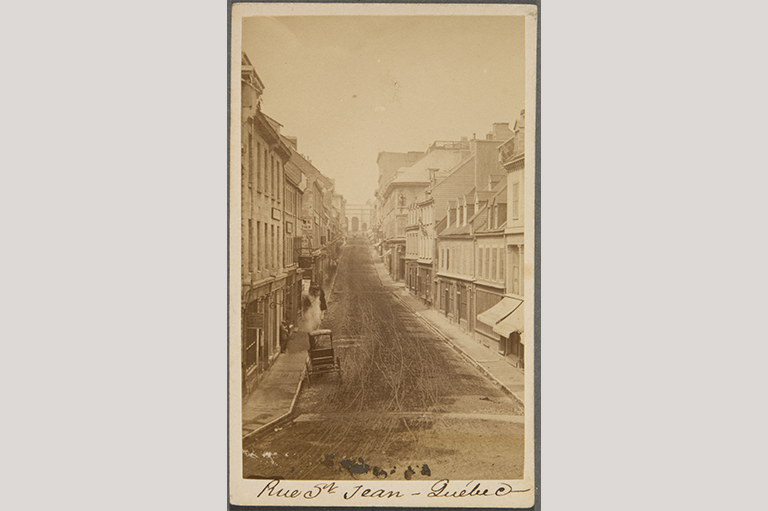
In addition to their everyday business, Élise L’Heureux Livernois and Louis Bienvenu photographed prominent Quebec politicians and clergymen, as well as street scenes and rural communities. In 1873, with the business experiencing financial difficulties, Élise’s eldest son, Jules-Ernest, took over ownership of the studio and of the back inventory of photos.
Between 1854 and the time their studio closed in 1974, the Livernois family produced an estimated 1.5 million photographs, adapting to each new commercial process and leaving a visual legacy to Canada. About three hundred thousand Livernois negatives and photographs have survived and are held in collections at Library and Archives Canada and the Bibliothèque et Archives nationales du Québec. The Livernois photo archives are inscribed in the Canadian Commission for UNESCO’s Canada Memory of the World Register.
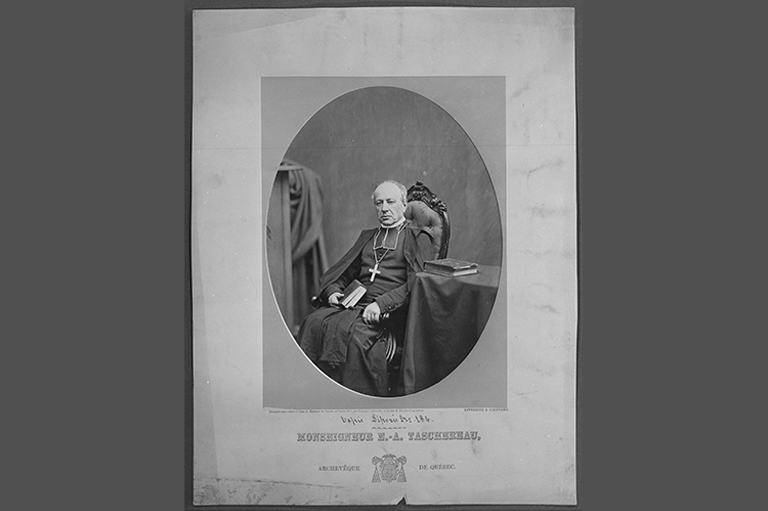
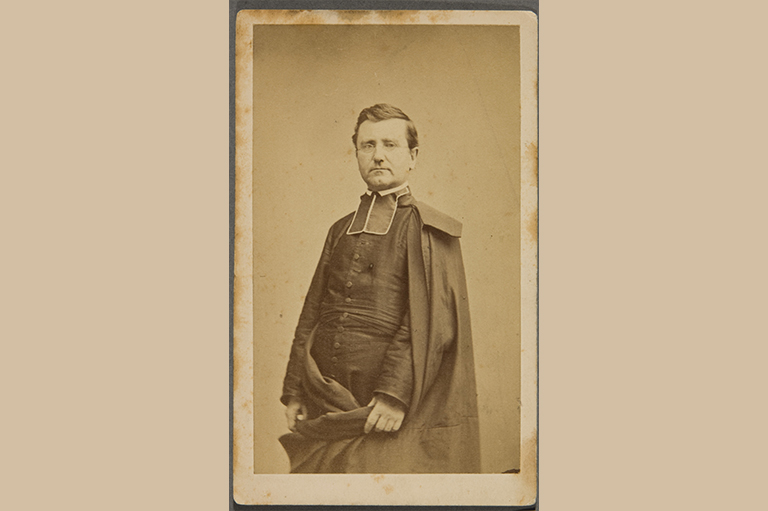
Save as much as 40% off the cover price! 4 issues per year as low as $29.95. Available in print and digital. Tariff-exempt!
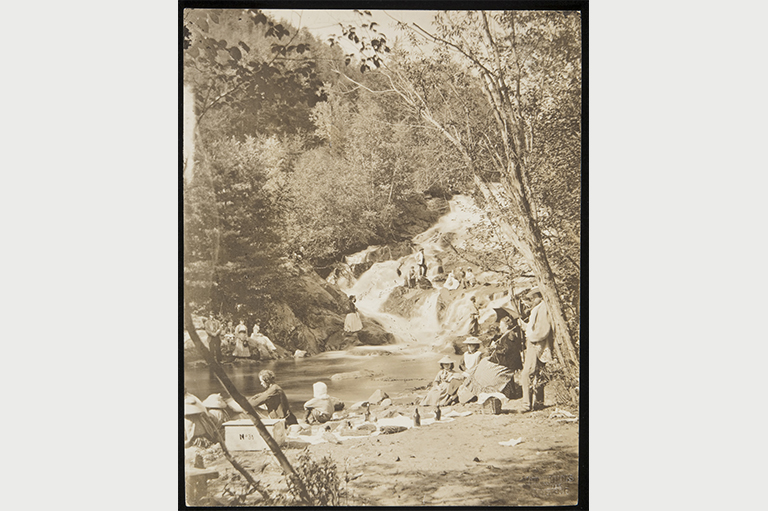
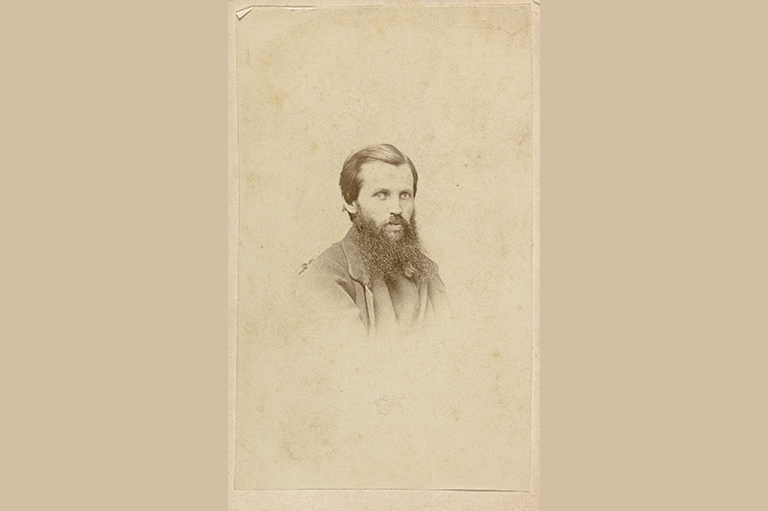
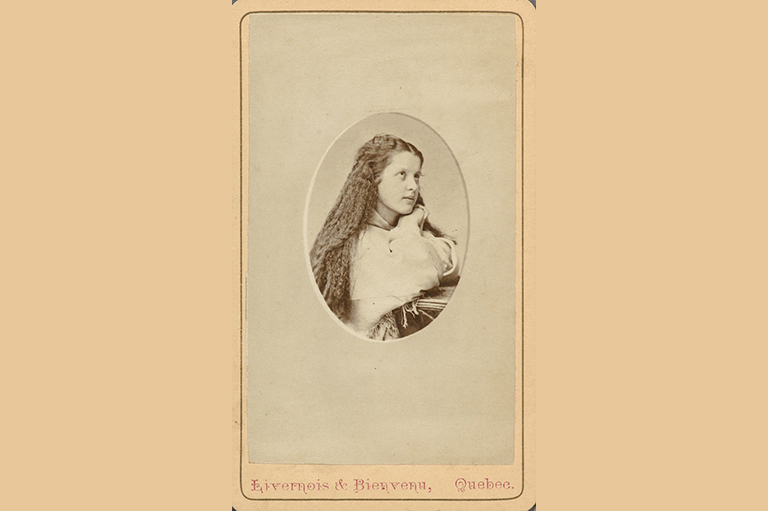
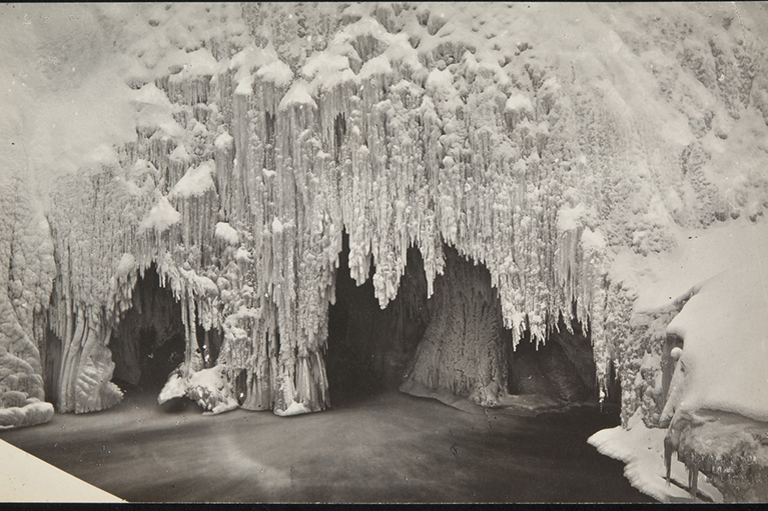
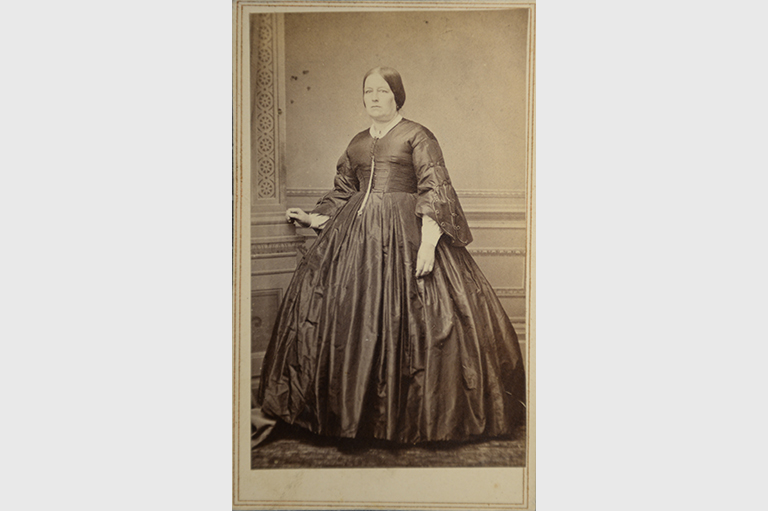
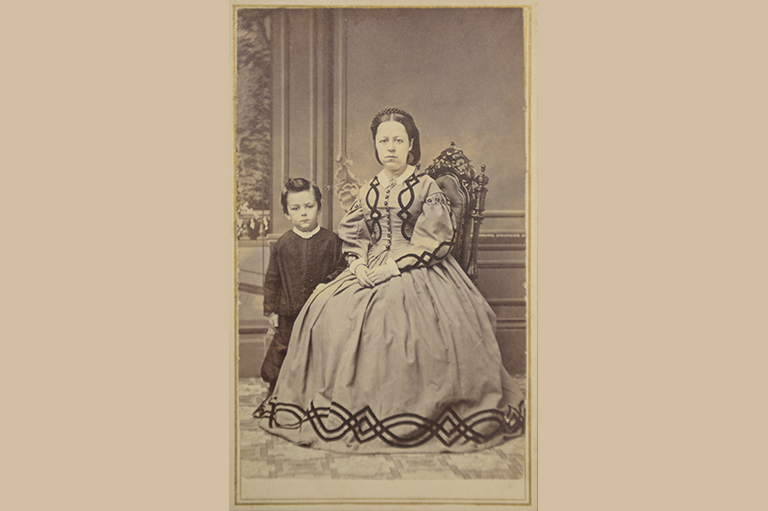
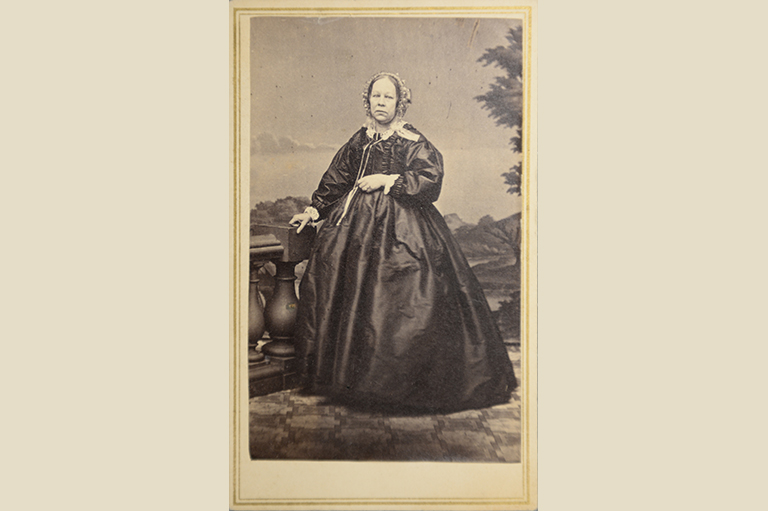
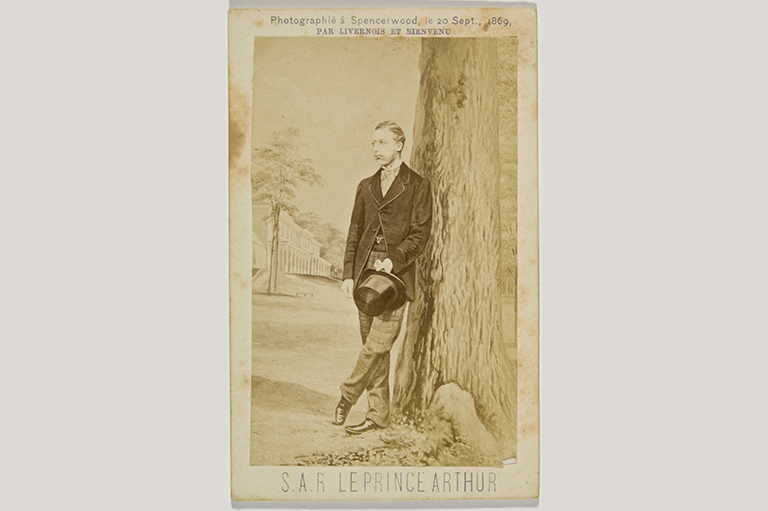
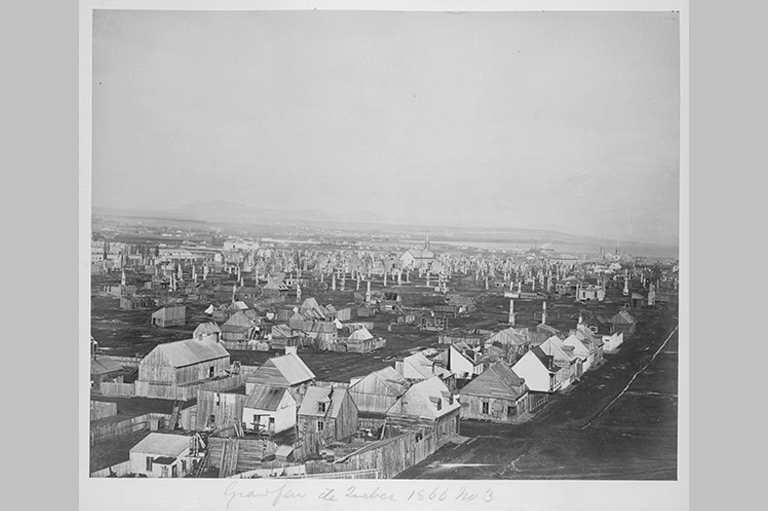
If you believe that stories of women’s history should be more widely known, help us do more.
Your donation of $10, $25, or whatever amount you like, will allow Canada’s History to share women’s stories with readers of all ages, ensuring the widest possible audience can access these stories for free.
Any amount helps, or better yet, start a monthly donation today. Your support makes all the difference. Thank you!
Themes associated with this article
Advertisement


